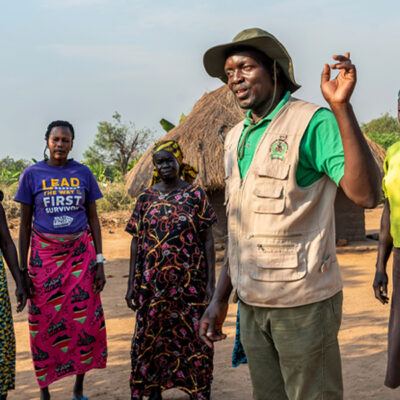
Sixty years have passed since the Convention relating to the Status of Refugees was adopted, but refugees across the globe still face insecurity and uncertainty. As I write this, a new refugee crisis is forming on the Burma-China border.
Here’s what’s happening: In November 2010, the regime in Burma inaugurated a parliament through sham elections. Since then, it has violently extended military control over the ethnic states in eastern and northern Burma. With the support of friendly governments and multinational corporations, the regime is profiting from large scale infrastructure development projects, waging war against ethnic communities and repressing any voices of dissent. Against this backdrop, fighting has intensified in the north and east of the country.
On June 9th, the 17-year ceasefire between the Burma Army and the Kachin Independence Army (KIA) ended. While the ceasefire has been unraveling for quite some time, two contentious hydropower plants in Kachin State severed this uneasy alliance. The plants are owned and run by Chinese companies and the energy produced is exported to China. None of the local communities where the plants are located benefit from the energy production, and they certainly aren’t consulted. In response, the KIA posted its soldiers near the power plants. The Burma Army reciprocated by sending soldiers into the area and, within a day, they were shooting at each other and civilians were fleeing. Anger over the hydropower plants, building on many other instances of state violence and repression, led to the renewed hostilities that are creating a refugee crisis on Burma’s border with China.
AJWS partners working in Kachin State in northern Burma, including Kachin Women’s Association Thailand (KWAT), have reported that an estimated 10,000 civilians have fled to the Chinese border to seek refuge, but are being denied entry unless they hold official Chinese documents. Many are forced to hide along the border and are fleeing from the Burma Army each day. Young people are being forcibly recruited into the Army and others face forced labor as porters for soldiers. During the week-and-a-half since the conflict began, 18 Kachin women have been raped by the Burma Army, four of whom were then murdered. KWAT has learned that in one case a husband and wife were taken into the woods. The husband was tied to a tree and forced to watch as soldiers raped and murdered his wife.
Those who are allowed into China are having their cell phones taken away from them by the Chinese authorities. They have no freedom of movement and are unable to contact the outside world. Chinese authorities are also restricting humanitarian access and supplies to the refugees. This is particularly disheartening given the role that China’s business interests plays in the conflict.
As is happening throughout many parts of Burma, large scale infrastructure projects, like hydropower plants, heighten the abuse of ethnic communities. These projects are developed and invested in by foreign countries and companies (like the Chinese companies in Kachin State), that benefit from the terror inflicted on communities in Burma.
If we are thinking proactively about creating a world where people’s rights and security are ensured, what is the responsibility of the multinational companies that feel their interests are best served by silencing dissent and excluding local communities from decision-making processes?


